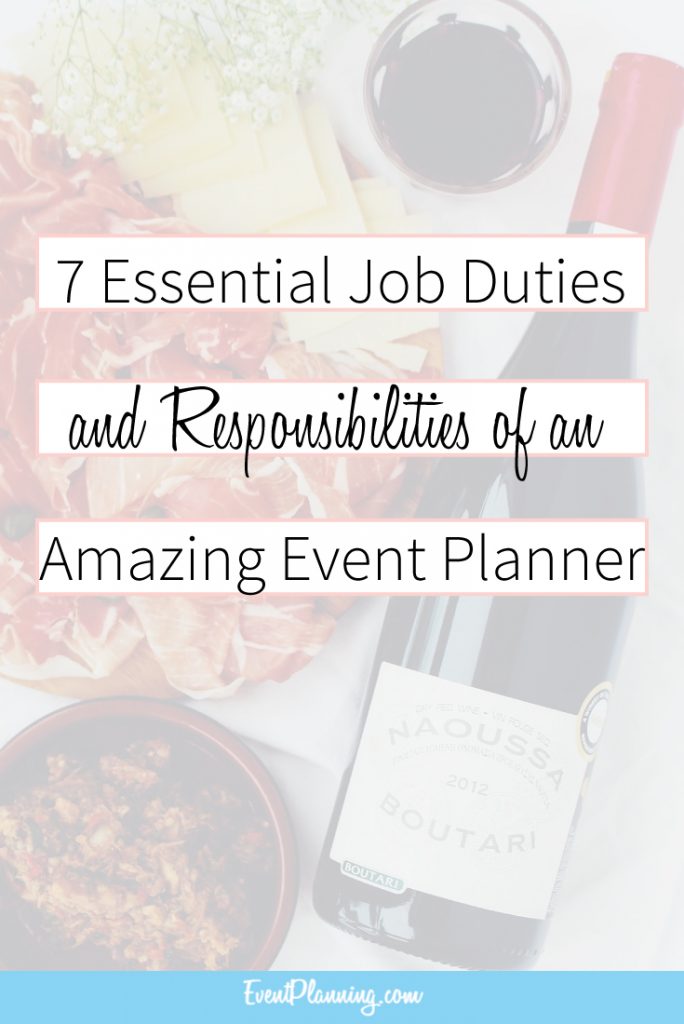(Reading time: 6 minutes)
As an event planner, there are specific activities you are generally responsible for when planning high-end events.
According to this study, by the United States Department of Labor, event planners coordinate all aspects of professional meetings and events. They choose meeting locations, arrange transportation, and coordinate other details.
The Houston Chronicle states that event planners work with their clients on every aspect of the event, keeping focused on the vision they have in mind.
Those are just the official definitions. Now lets look at the practical things planners do.
If you do these things well your business will succeed:
• Dealing with clients on a professional and timely manner is of utmost importance. Return phone calls, texts and emails as soon as you can.
• Dress and speak professionally.
• Be pleasant; at times you may feel frustrated and overwhelmed with demands from your client. Keep in mind that this is why you are getting paid.
• Take a deep breath and focus on the task at hand.
• Accommodate requests to the best of your ability to ensure customer satisfaction. Doing so will show off your talents to your client, and the guests who are attending the event.
• Don’t overwhelm yourself with too many events. We suggest planners specialize in one or two events at a time. You will be able to stay organized and perform at a smoother pace.
Event planners are hired to plan all of the details of corporate events, trade shows, conventions, charity events, seminars, etc.
Be familiar with a myriad of vendors, so you can recommend ones that will suit your individual client’s needs.
Day-to-Day responsibilities fall into these categories:
MEET WITH CLIENTS
You will be meeting with your clients often to discuss the scope of the event. Cover all specific details that they have in mind and determine the budget you have to work with.
Show them the options available and keep in contact with them throughout the process.
Be sure to get a thorough picture of your client’s wishes, such as color scheme, style and flow of the event.
RESEARCH
You will need to know the projected head count of the event and what venues will be able to accommodate the size and requirements of the client. After you put on several events you will have your go-to vendors but initially you will want to thoroughly research vendors in your area that are the best at what they do.
BOOK VENDORS
Meet and secure vendors that you may need such as caterers, musicians, disc jockeys, photographers, rental companies and decorators. The sooner you book them the less chance for mix-ups and overlapping dates. As soon as you finish researching appropriate vendors I recommend you reach out to them.
BOOK LODGING
If guests will be traveling from out of town for the event or if the event is more than one day, you may be responsible for setting up a block of rooms for a discounted rate.
BOOK SPEAKERS
If there will be speakers at the event, you may be responsible for scheduling their speech at the event. Typically this occurs for corporate clients, and sometimes the company will take care of booking the speakers while other times it will be your responsibility.
You may also be required to book flights and travel accommodations for speakers and presenters.
COORDINATE AND SUPERVISE
You will want to provide all vendors and contributors with an itinerary so they are familiar with the flow of the event.
Contact each vendor prior to the event to confirm their duties and insist that they arrive early. You should arrive early too in order to assist with any issues that may occur during set-up.
Keep in contact with each vendor throughout the event to ensure that everything is running as planned.
FOLLOW UP
This is very important.
When the event is over, touch base with your client and make sure that they are satisfied with your service. Discuss any questions they may have.
Ask them for feedback on what you did well and what you did not do well. You can even ask them to fill out an exit questionnaire so you can continually improve on your craft.
Take any compliments and complaints into consideration to help you improve on future events.
By paying attention to timelines, details and staying organized, your events should flow smoothly and you will be able to stay on track to secure a long standing career as an event planner.
For information on how to price your services you can read our popular article about pricing here.
We also have a guide to learn about how to get clients.

